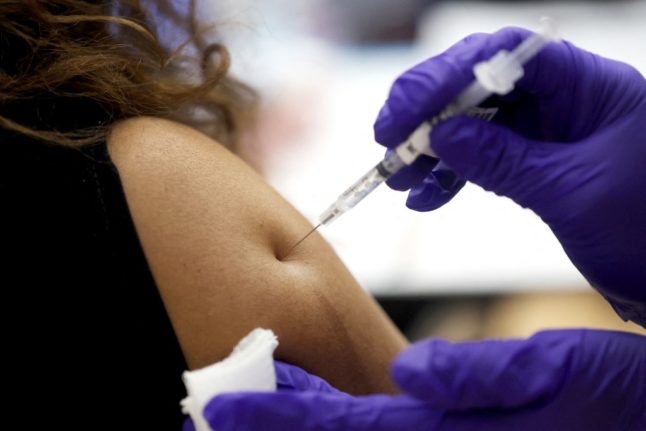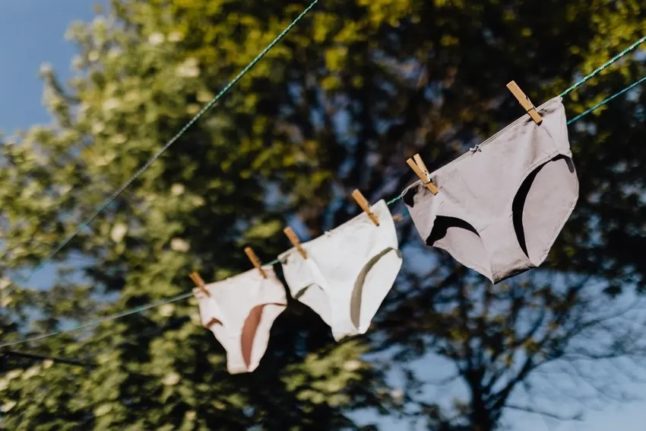Second case of monkeypox found in Switzerland
The virus was detected in a person in Geneva, who was contaminated “during a trip abroad”, the canton’s Health Department has confirmed.
It added that the infected person “is currently in isolation, his general condition is good and does not currently require hospitalisation”.
Contact tracing is underway to find people who have been exposed to the sick person, the canton said.
This is the second known case of monkeypox in Switzerland, following the one detected in Bern on Saturday in a person who also contracted the virus while travelling abroad.
Globally, about 90 cases have been detected so far.
READ MORE: EXPLAINED: What is monkeypox and what is Switzerland doing about it?
Health authorities: Travellers should pay for Covid boosters themselves
According to newest recommendations of the Federal Office of Public Health (FOPH), people travelling abroad who need second booster doses must pay for the shots themselves.
As the fourth vaccine dose is currently recommended only for people with a severely weakened immune system, everyone outside of this group will be charged as yet undefined fee.
Until now, all the Covid vaccinations had been free of charge.
The proposal was sent to the cantons for consultation until June 1st. If agreed on, the Federal Council will adjust the Epidemics Ordinance accordingly on June 10th.
Additional trains in service over the Ascension and Pentcoast weekends
Road traffic is typically very heavy during the two holiday weekends, falling this year on May 26th – 29th and June 4th – 6th, respectively.
For travellers who prefer to take the train during this busy period, Swiss Federal Railways (SBB), is “significantly expanding” its service towards Ticino, one of the most popular destinations for public holiday weekends.
“There will be numerous additional trains. We will also be increasing the number of seats available on regular trains”, including between Zurich/Basel and Ticino via the Gotthard Base Tunnel, the company announced.
Switzerland and NATO want ‘closer ties’
NATO Secretary General Jens Stoltenberg reassured Swiss Defense Minister Viola Amherd on Tuesday that the military alliance would maintain a strong partnership with Switzerland.
He said he is “open to closer ties”— a message that “was very important because I want a close collaboration” too, Amherd responded.
Today I met with the NATO Secretary General @jensstoltenberg @WEF in Davos. We exchanged views on the war in #Ukraine and discussed future cooperation between @NATO and #Switzerland. We want to continue to make our contribution to security in #Europe.#WEF22 #Davos #swissgovwef22 pic.twitter.com/H0SOWCXW2g
— Viola Amherd (@Violapamherd) May 24, 2022
Even though some Swiss politicians are pushing for a greater degree of NATO integration due to uncertainties related to war in Ukraine, Switzerland cannot become a member because of its longstanding policy of neutrality.
Switzerland has nevertheless a relationship with the organisation through its Partnership for Peace (PfP) program, and also participates in military exercises with NATO related to cyberattacks.
“We are studying the question” of how Switzerland can further its collaboration with NATO without compromising its neutrality, Amherd said.
READ MORE: EXPLAINED: Why isn’t Switzerland in NATO
If you have any questions about life in Switzerland, ideas for articles or news tips for The Local, please get in touch with us at [email protected]



 Please whitelist us to continue reading.
Please whitelist us to continue reading.
Member comments